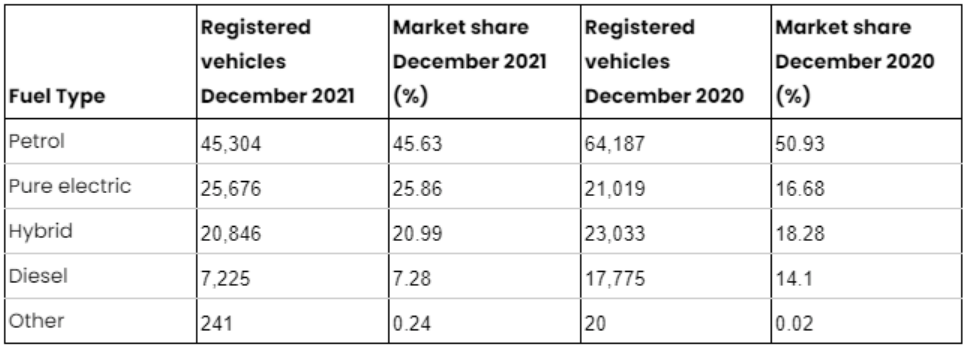Here’s how to choose the best electric truck for your business
https://fleetservicessummit.co.uk/wp-content/uploads/2022/06/DAF-LF-19-Ton-Close-Up-34-WhichEV-2.jpg 960 640 Stuart O'Brien Stuart O'Brien https://secure.gravatar.com/avatar/81af0597d5c9bfe2231f1397b411745a?s=96&d=mm&r=gFeep in the Bedfordshire countryside is a unique testing facility called the Millbrook Proving Grounds. Tucked behind a small forest of trees are several private tracks allowing you to test a vehicle in every environment possible – from small town to race track, extreme hills to extreme bumps and undulations. WhichEV was invited along to see the latest electric commercial vehicles from DAF, Volvo and Renault by the SMMT.
In one of the rare few places in the UK where you can drive a 26 ton truck without an HGV license, we put these silent monsters through their paces, trying to decide: Are UK businesses ready for the move to electrification and, if so, what would be the best electric truck for your business?
When WhichEV visited Renault’s new electric mobility factory in Blainville-Sur-Orne back in March, its team were given a detailed breakdown of their plans to move the world’s transport systems from diesel to electricity. Alongside Volvo (part of the same group) and DAF (which has been supplying commercial vehicles for close to 100 years), Renault will play a major role in moving commercial haulage away from fossil fuels.
Click here to read WhichEV’s hands-on with three of the main contenders for the switchover.












